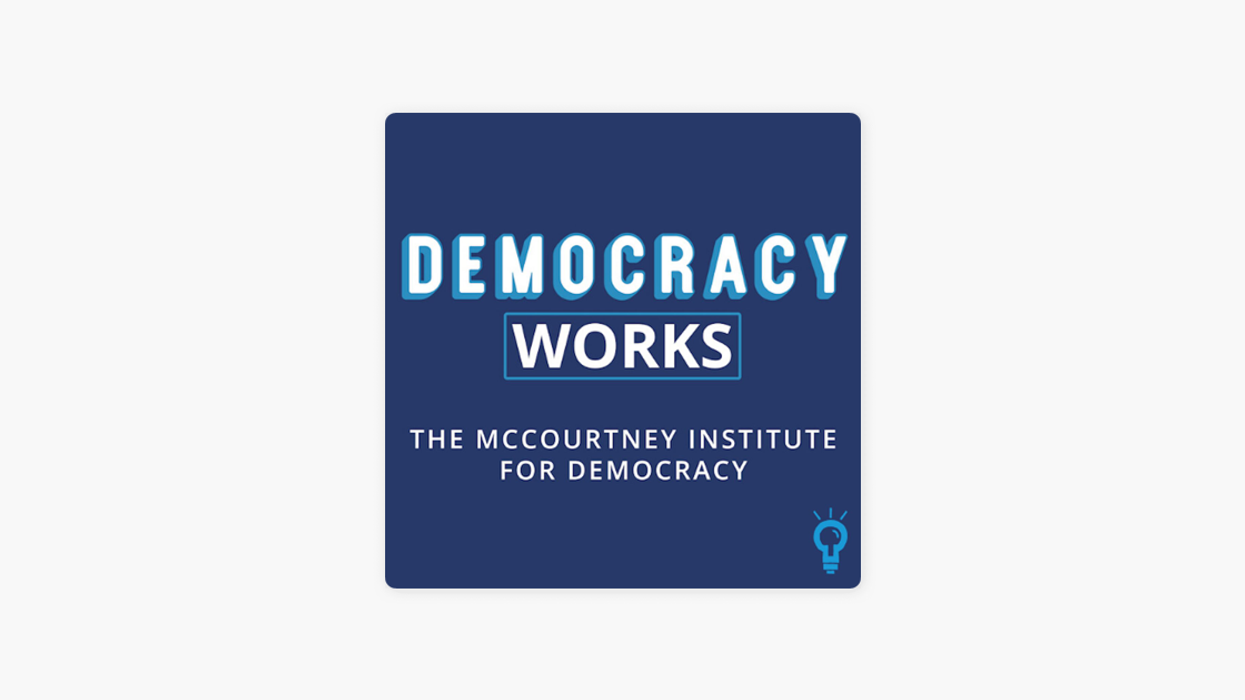Peter Pomerantsev visited Penn State at the end of March, when he was just back from a trip to Ukraine. He joins "Democracy Works" to discuss what he saw there, as well as how American media is covering the war. He also talked about the similarities between Ukraine and the United States when it comes to being vulnerable to Russian disinformation — and how both countries can strengthen democratic media.
Combating disinformation at home and abroad
 Combating disinformation at home and abroad
Combating disinformation at home and abroad





















Trump & Hegseth gave Mark Kelly a huge 2028 gift